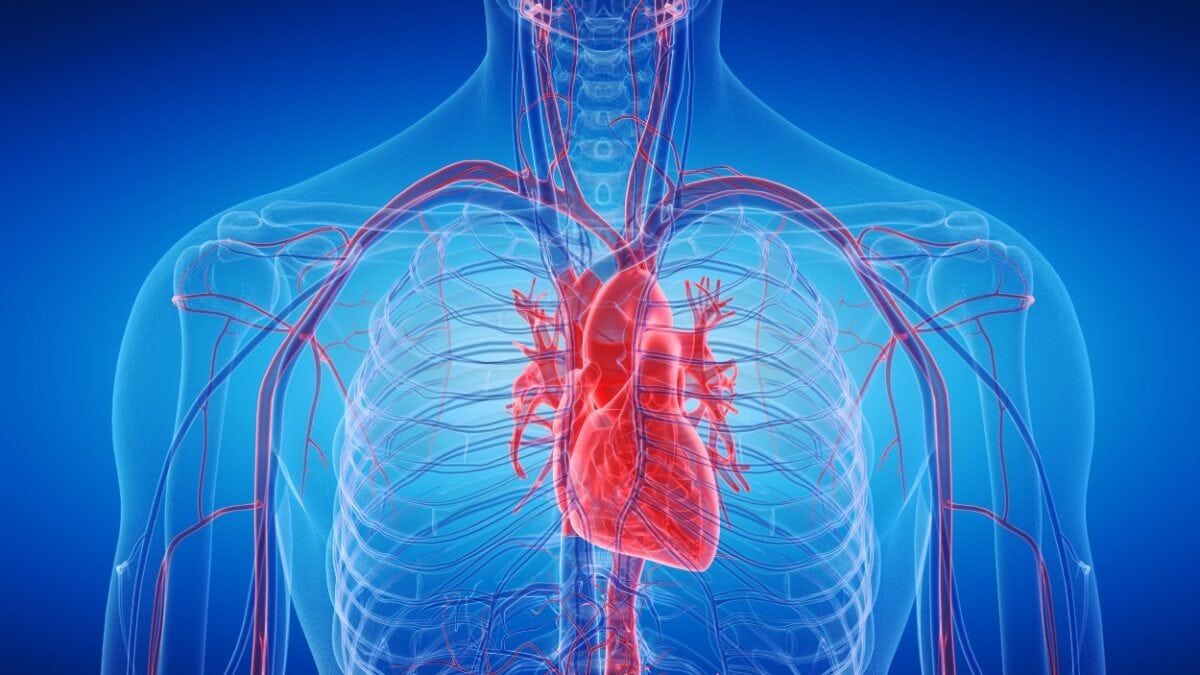
Our blood vessels play a crucial role in maintaining overall health. Arteries transport oxygen-rich blood from the heart to various parts of the body, while veins return oxygen-depleted blood back to the heart. When these blood vessels are in optimal condition, they contribute to the smooth functioning of our circulatory system. However, factors such as a sedentary lifestyle, poor dietary choices, and other unhealthy habits can lead to issues with arterial and venous health. In this blog post, we’ll explore how certain foods and lifestyle habits can positively impact blood vessels and provide practical tips for incorporating them into your daily life.
Understanding Blood Vessel Health

Before delving into the specifics of how exercise and diet can benefit arterial and venous repair, it’s important to understand the significance of maintaining healthy blood vessels. Arterial health is essential because arteries carry oxygen-rich blood to various organs and tissues. On the other hand, venous health is crucial for the efficient return of oxygen-depleted blood to the heart and lungs. When these vessels function optimally, they support overall cardiovascular health and reduce the risk of conditions like hypertension, heart disease, and venous insufficiency.
The Impact of Exercise on Blood Vessel Health
Regular exercise is a cornerstone of good health, and it has a profound impact on blood vessel health. Here’s how physical activity benefits your arteries and veins:
- Improved Blood Circulation: Exercise increases the flow of blood throughout your body, promoting efficient circulation. This helps prevent the buildup of plaque in the arteries, reducing the risk of atherosclerosis and related cardiovascular issues.
- Reduction of Inflammation: Chronic inflammation is a risk factor for arterial and venous diseases. Regular exercise has been shown to reduce inflammation in the body, potentially protecting blood vessels from damage.
- Lowering Blood Pressure: High blood pressure can strain arteries and veins, leading to damage over time. Exercise helps regulate blood pressure, ensuring that these vessels are not subjected to excessive stress.
- Enhanced Endothelial Function: The endothelium is a layer of cells that lines the inner surface of blood vessels. Exercise improves endothelial function, which is vital for the dilation and constriction of blood vessels.
- Weight Management: Maintaining a healthy weight through exercise reduces the risk of obesity-related vascular issues. Excess body weight can strain veins and arteries, increasing the risk of venous insufficiency and atherosclerosis.
To reap these benefits, aim for at least 150 minutes of moderate-intensity aerobic exercise or 75 minutes of vigorous-intensity aerobic exercise per week, as recommended by the American Heart Association. Activities like brisk walking, cycling, swimming, and jogging are excellent choices.
Specific Foods for Blood Vessel Health
Diet plays a significant role in supporting arterial and venous repair. Here are some foods that can positively impact blood vessel health:
- Antioxidant-Rich Foods: Antioxidants help combat oxidative stress, which can damage blood vessels. Include colorful fruits and vegetables such as berries, citrus fruits, and leafy greens in your diet.
- Omega-3 Fatty Acids: Omega-3s, found in fatty fish like salmon and trout, have anti-inflammatory properties that benefit arterial health. Consider incorporating fish into your weekly meals.
- Nitrate-Rich Foods: Nitrate-rich foods like beetroot, spinach, and arugula promote the production of nitric oxide, a compound that relaxes and dilates blood vessels, aiding circulation.
- Dark Chocolate: Dark chocolate contains flavonoids, which have been linked to improved blood vessel function. Choose dark chocolate with at least 70% cocoa content for maximum benefits.
- Nuts: Almonds, walnuts, and other nuts are rich in healthy fats, fiber, and antioxidants that support cardiovascular health.
- Olive Oil: Olive oil is a source of monounsaturated fats, which can help reduce bad cholesterol levels and protect arteries.
Incorporating these foods into your daily meals can contribute to better arterial and venous health over time.
Lifestyle Habits for Optimal Blood Vessel Health
In addition to exercise and a balanced diet, certain lifestyle habits play a vital role in maintaining healthy blood vessels:
- Quit Smoking: Smoking is a major risk factor for arterial and venous diseases. Quitting smoking is one of the best things you can do to improve your vascular health.
- Limit Alcohol Consumption: Excessive alcohol intake can harm blood vessels. If you choose to drink, do so in moderation.
- Maintain a Healthy Weight: Being overweight or obese can strain blood vessels and increase the risk of vascular issues. Aim to achieve and maintain a healthy weight through diet and exercise.
- Manage Stress: Chronic stress can negatively affect blood vessel health. Practice stress-reduction techniques such as mindfulness, yoga, or meditation.
- Get Quality Sleep: Sleep is essential for overall health, including vascular health. Aim for 7-9 hours of quality sleep per night.
Practical Tips for Incorporating Healthy Habits
Here are some practical tips for seamlessly integrating exercise, nutritious foods, and positive lifestyle habits into your daily routine:
- Create a Workout Schedule: Plan your exercise sessions ahead of time and stick to a regular schedule to make physical activity a consistent part of your life.
- Meal Prep: Prepare healthy meals in advance to ensure you have nutritious options readily available, reducing the temptation to make unhealthy food choices.
- Stay Hydrated: Proper hydration is essential for blood vessel health. Drink plenty of water throughout the day.
- Set Realistic Goals: When embarking on a fitness journey or dietary changes, set achievable goals and track your progress to stay motivated.
- Seek Support: Consider working with a fitness trainer, nutritionist, or healthcare professional to develop a personalized plan for your arterial and venous health.
Real-Life Success Stories
To illustrate the effectiveness of exercise and dietary changes in promoting blood vessel health, let’s look at a couple of real-life success stories:
Sarah, a 45-year-old woman, significantly improved her arterial health by incorporating regular aerobic exercise and a diet rich in antioxidants. Her cholesterol levels dropped, and she noticed increased energy levels and better circulation.
John, a former smoker, quit smoking and adopted a balanced diet. Over time, his venous health improved, and he experienced reduced leg swelling and discomfort.
These stories underscore the positive impact that lifestyle changes can have on blood vessel health and overall well-being.
Conclusion
Incorporating exercise, a diet rich in artery- and vein-friendly foods, and positive lifestyle habits into your daily routine can play a pivotal role in promoting arterial and venous repair. By taking proactive steps to support your blood vessel health, you can reduce the risk of vascular issues and enjoy a longer, healthier life. Remember, small changes in your daily habits can lead to significant improvements in your overall well-being.
